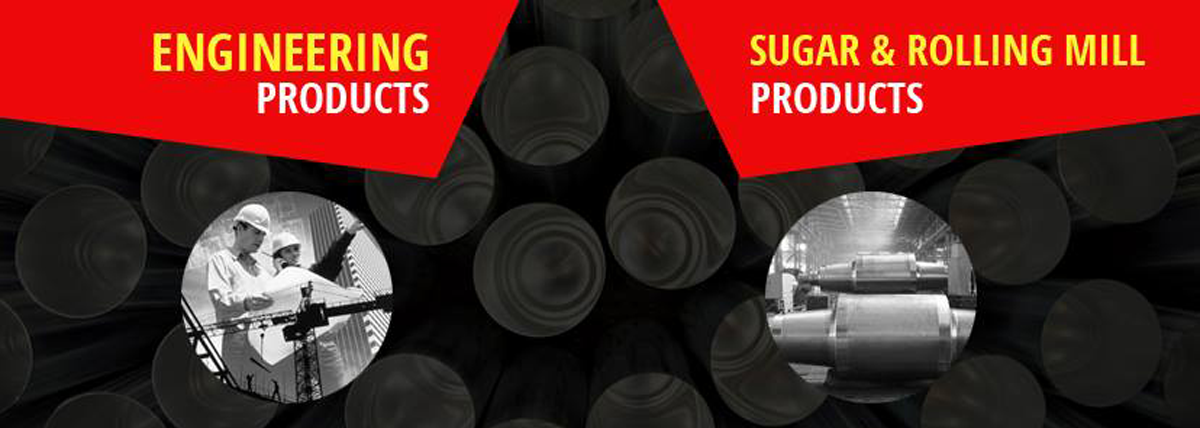In the vast and intricate ecosystem of industrial machinery, it’s often the simplest components that make the biggest difference. V belts, though small and often overlooked, are crucial for the efficient transfer of power in countless mechanical systems. Whether it’s in automotive engines, conveyor systems, or HVAC units, the performance of a machine heavily depends on the quality and reliability of the v belts it runs on.
What Are V Belts?
V belts are a type of power transmission belt featuring a trapezoidal cross-section, designed to fit into a similarly shaped groove on a pulley. This design allows for better grip, increased torque transmission, and minimal slippage.
They are commonly used in applications where space is limited and a compact yet effective solution is required. Their versatility, quiet operation, and low maintenance needs have made them a staple in industries like agriculture, textiles, mining, manufacturing, and transportation.
Types of V Belts
A good v belts supplier will offer a wide range of types depending on the application and performance requirements:
- Classical V Belts – Ideal for general industrial applications.
- Narrow V Belts – Designed for high-speed, high-power transmissions.
- Cogged V Belts – Offer flexibility and better heat dissipation, suitable for smaller pulleys.
- Double V Belts – Useful for multi-directional power transmission.
- Banded V Belts – Used in heavy-duty applications where vibration and misalignment are concerns.
Each type is tailored to specific performance characteristics, and choosing the wrong type can lead to premature wear, reduced efficiency, or system failure.
Why the Right Supplier Makes a Difference
When it comes to industrial-grade belts, quality is non-negotiable. Here’s why choosing reputable v belts suppliers is crucial:
- Material Consistency: Premium belts are made from specially treated rubber compounds and reinforcements that withstand wear and extreme temperatures.
- Dimensional Accuracy: Ensures proper fit, reduced vibration, and optimal performance.
- Customization: Established suppliers offer customized sizes and configurations to meet industry-specific needs.
- Technical Support: Reliable suppliers don’t just sell belts—they offer guidance, installation tips, and post-sales support.
Poor-quality belts can result in unplanned downtime, costly repairs, and safety risks. On the other hand, a reliable v belt ensures smooth operations and enhances the lifespan of equipment.
Applications Across Industries
The application of v belts is diverse:
- Automotive – For engine components, air conditioners, and alternators.
- Manufacturing – In presses, pumps, compressors, and conveyors.
- Agriculture – In harvesters, tractors, and other machinery.
- HVAC systems – For air handling units, compressors, and fans.
A knowledgeable supplier understands these nuances and helps match the right product to the right application.
Conclusion
In power transmission, reliability is everything—and v belts are the unsung heroes that keep industries moving. Choosing from the top v belts suppliers ensures you’re not just buying a product but investing in long-term efficiency, performance, and peace of mind. Whether you’re maintaining a factory floor or building a new system from scratch, the right v belt partner makes all the difference.

